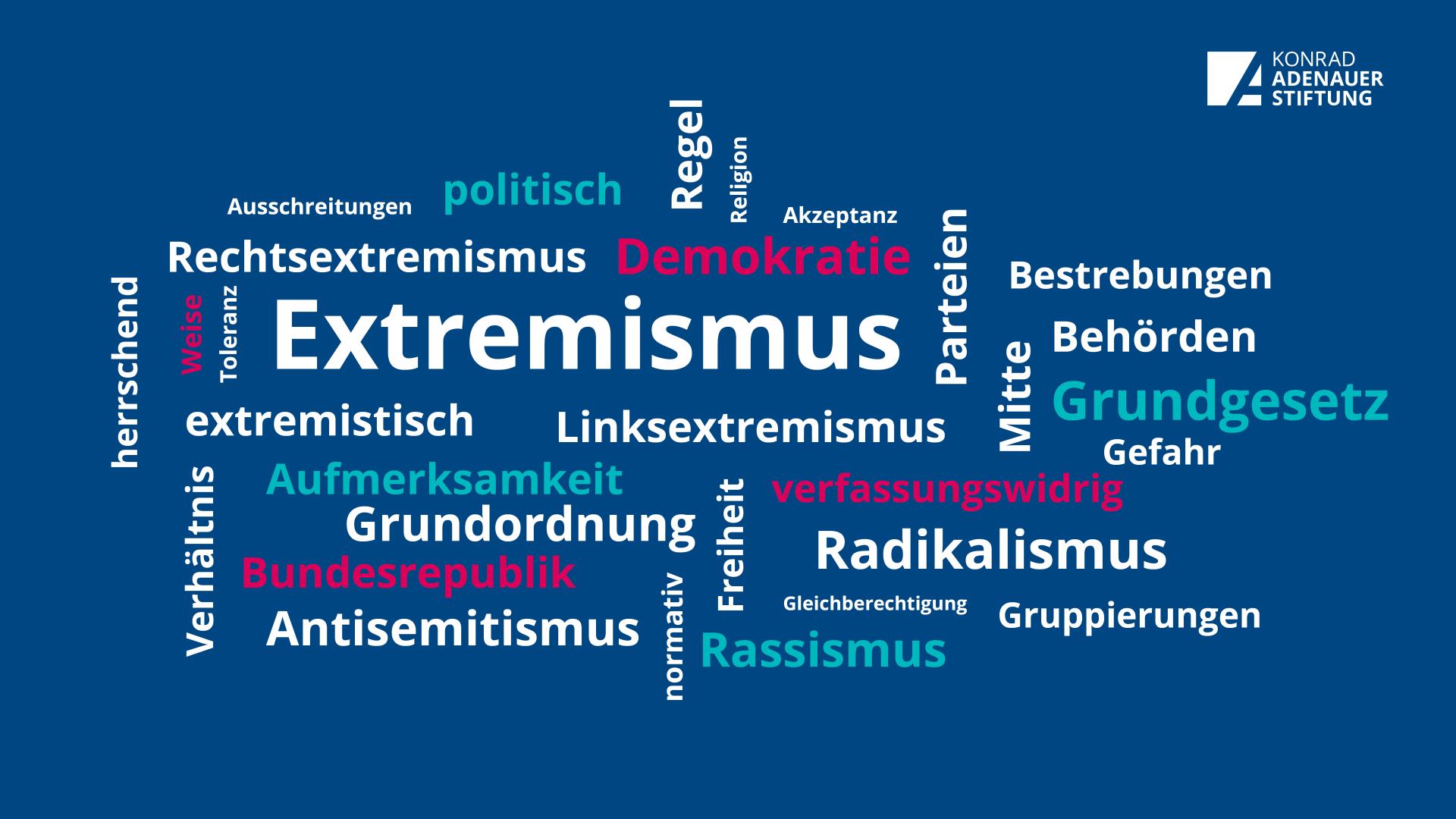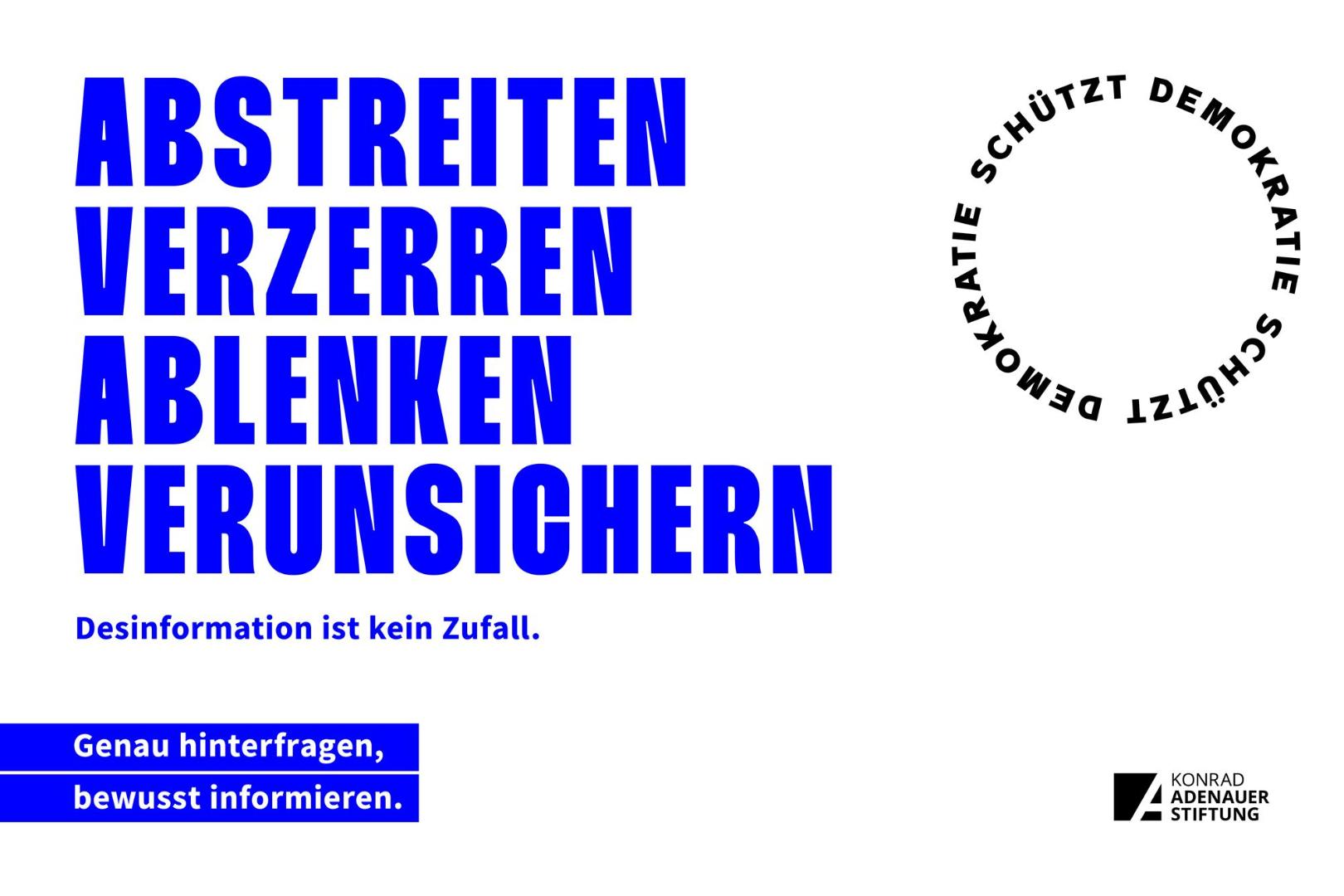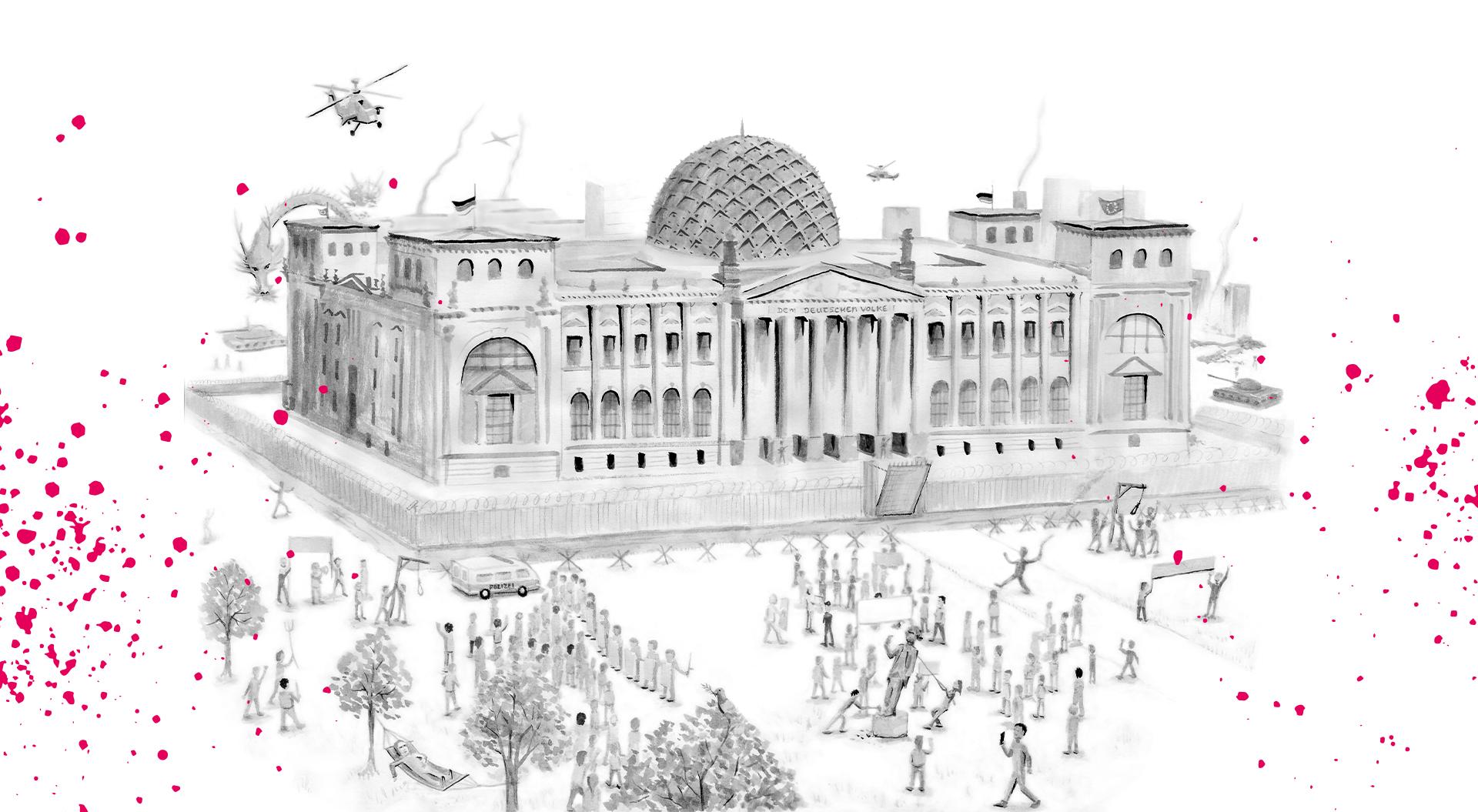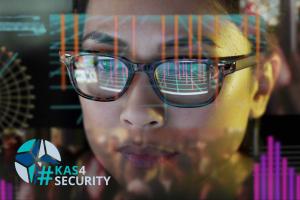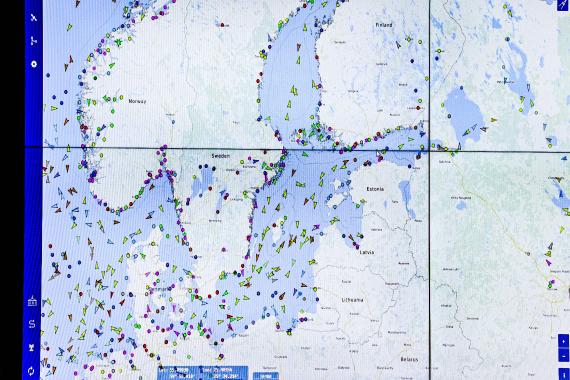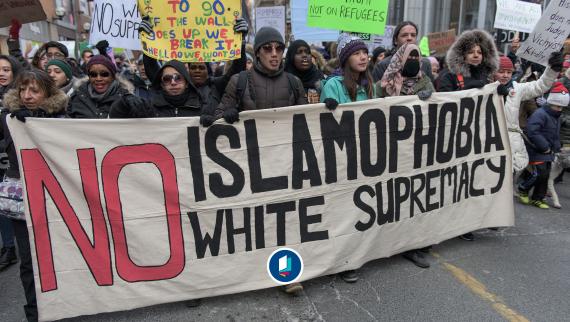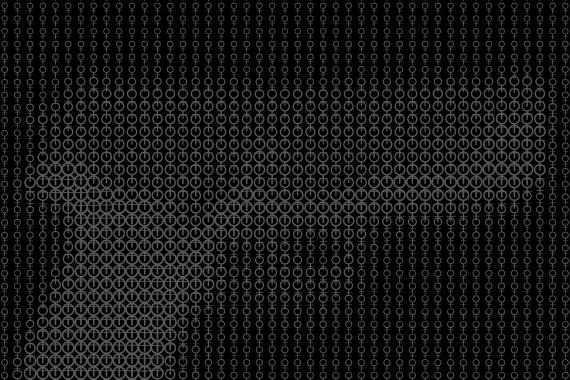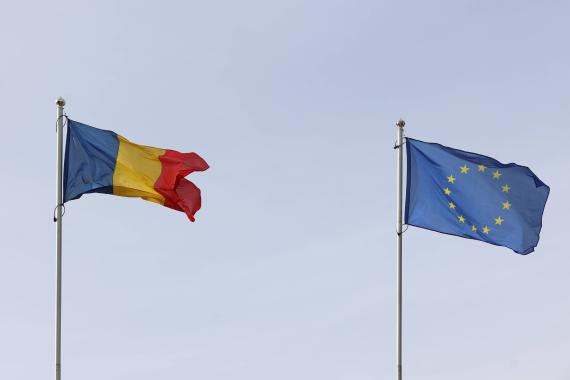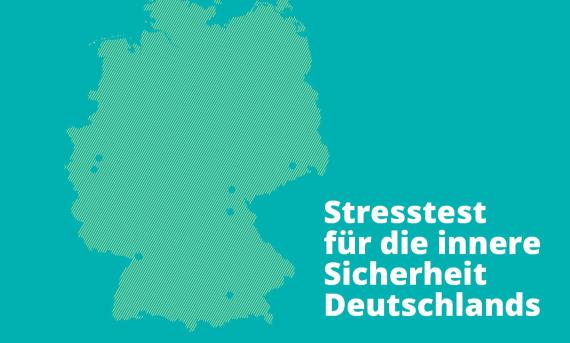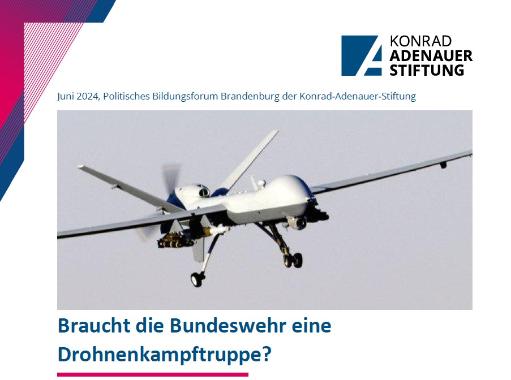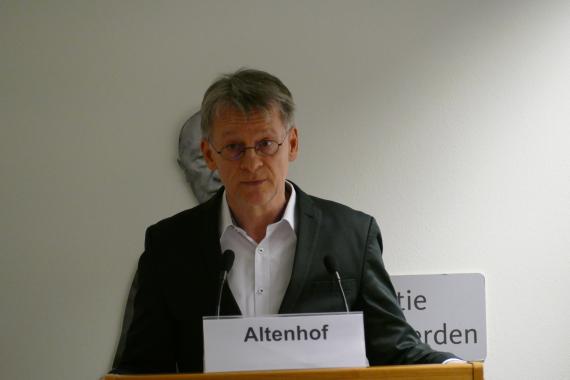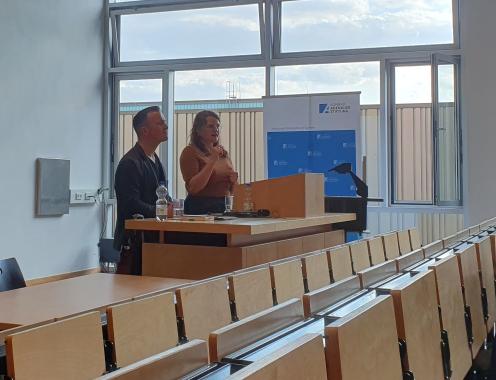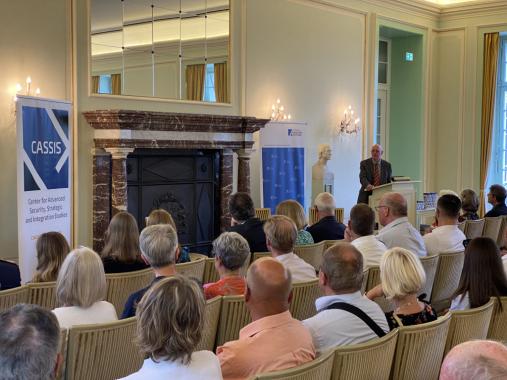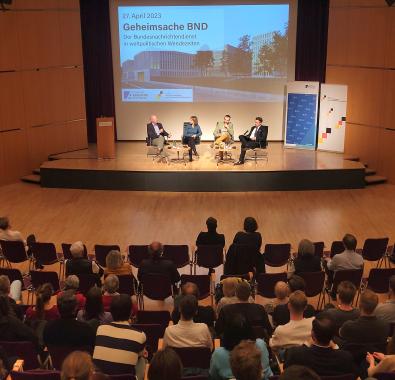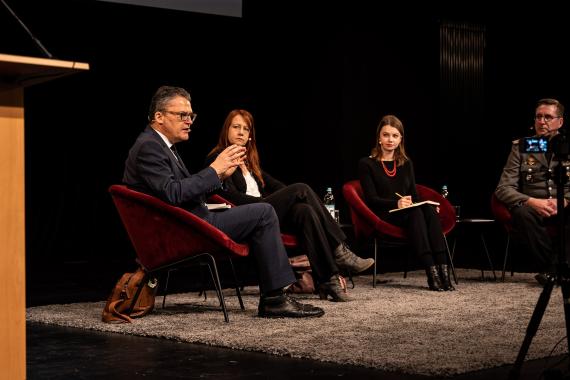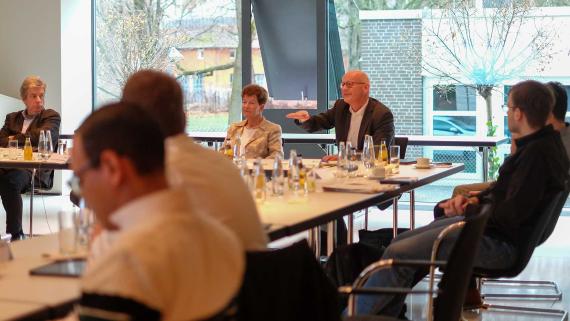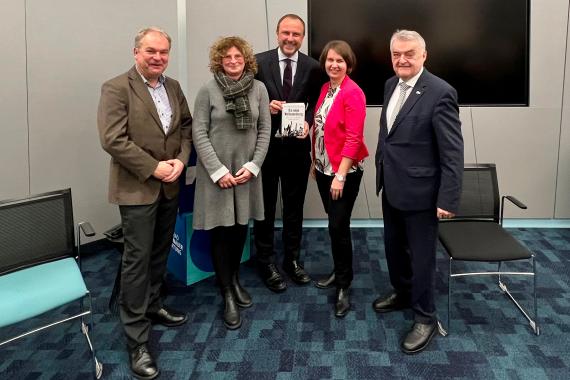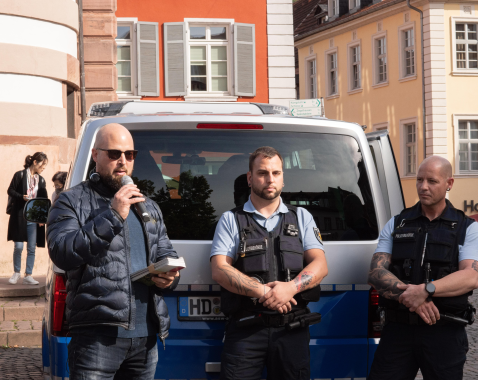The threat situation due to terrorism, extremism and espionage, particularly from cyber-attacks, is at a very high level for Germany (...) and it continues to grow.
At a glance
- The domestic security of Germany and Europe is under threat from international terrorism, political and religious extremism, organised crime and foreign (non-)state actors.
- The global networking of extremists, terrorists and those involved in organised crime requires national security authorities to adapt their way of working and to cooperate more closely.
- Cyber attacks are on the rise and endanger our liberal order. It is necessary to expand the security instruments for the cyber and information space in order to be better equipped for this in the future.
- Manipulation and disinformation are used in a targeted manner so as to influence public opinion and compromise the stability of domestic security.
- The Konrad-Adenauer-Stiftung views domestic security as a cornerstone for stable societies. With our expertise, we clarify threats and thus contribute to our democracies’ capability for defence.
Content
1. International networking of relevant players
2. Threats in cyber and information space
3. Influence through disinformation and manipulation
4. Defensive democracies need strong, networked security authorities
5. Our offers and projects on the topic
6. Publications, events and media contributions on the topic
In the 21st century, the threats to security and freedom are as varied as the actors from which they emanate. The domestic security of Germany, our European and transatlantic partners as well as many other democracies worldwide is coming under threat from international terrorism, political and religious extremism, foreign (non)-state actors and organised crime and their structures. Since 11 September 2001, the threat from jihadism has been clear to see. Although Al-Qaeda and ISIS have been driven back by international operations, the threat of terrorism remains.
International networking of relevant players: national security authorities face major challenges
Actors in international terrorism, political and religious extremism as well as organised crime no longer operate exclusively at regional or national level, but have good structures and networks around the world. These transnational structures confront national security authorities with challenges, since they operate according to laws and borders. Adapting the way we work and function to these challenges and strengthening international cooperation with efficient (information) exchange between the security authorities are therefore an essential prerequisite for our capacity to act. A knowledge state with the capacity to act and a resilient society are needed in order to defend democratic values and basic order.
Threats in cyber and information space: security instruments need to be adapted
The digital era also requires the expansion of security tools. Dangers in the cyber and information space, which are not directly visible but still tangible, present society and state institutions with major challenges day in and day out. Cyber-attacks and government institutions, research organisations, the private sector and individuals as well as attacks on critical infrastructure or disinformation campaigns all pose a threat to our liberal order.
It is the small and medium-sized enterprises or institutions at local level that are often inadequately equipped and protected financially, technically and in terms of personnel. Foreign state and non-state actors also target infrastructure and use their attacks for espionage, sabotage or subversive influence.
Influence through disinformation and manipulation: a threat to public opinion and domestic security
This information space is also used for the manipulation of information and the (systemic) dissemination of disinformation and propaganda. By establishing and using botnets and algorithms or using artificial intelligence (for example deep fakes), attempts are being made to influence public opinion and unsettle society. These forms of hybrid tactics will further increase in the future, no matter whether they entail attacks in the cyber and information space, economic pressure or migration. Actors will use these tactics to increasingly attempt to compromise domestic security.
Defensive democracies need strong, networked security authorities
Networking and cooperation, fast, flexible action and an ability to react, but also a society capable of defence, must confront these tactics in order to guarantee domestic security.
Domestic security is the cornerstone of a stable society, which must be bolstered at all levels, so as to contribute towards a strong European security structure and a defensive democracy. The Konrad-Adenauer-Stiftung is committed to this responsibility and task.
Reichsbürger and Selbstverwalter
The event series “Reichsbürger and Selbstverwalter” provides information at regular intervals about the various dangers posed by the scene. Experts from politics, civil society, security authorities and academia assess current developments and are available for discussion afterwards.
Publication and website projects
Within the framework of selected projects, the Konrad-Adenauer-Stiftung deals with various aspects of “domestic security and cyber security”. Particularly worthy of mention in this context are the extensive project pages of our extremism knowledge platform, where we focus on the phenomena of “right-wing extremism”, “left-wing extremism” and “Islamism” and analyse these in view of various issues.
Extremism
With our extremism project, we aim to impart comprehensive knowledge on aspects relating to “right-wing extremism”, “left-wing extremism”, and “Islamism” as well as “conspiracy theories”. In order to live up to this claim, we have worked with many renowned experts whose articles and analyses provide information on the facets, special features and complexity of the individual extremisms. Particularly notable in this context is the broad thematic focus of the project: Regardless of whether you have questions on ideology, goals, structures, forms of communication or organisations – we will answer these on our extremism knowledge platform.
Disinformation – Threat and Danger to Democracy and Society
In times of war, misinformation can be deployed as a weapon. Increasing digitalisation has given rise to dimensions that not only result in social divisions, but could also endanger the foundations of our democracy. Our campaign actively advocates against misinformation and strives for a resilient democracy.
Learn more about the topic “disinformation – threat and danger to our democracy and society”
Defensive Democracy
Germany’s domestic security faces increasing challenges. With its war of aggression against Ukraine, Russia has created a threatening reality that compels us to seriously question the defensiveness of our democracy. Conventional armies and the military power of autocratic states are not the only threats to our society, however. The dangers to which our liberal democracies are exposed also lurk within. Our campaign and a volume of essays will more precisely define what these threats are.
Learn more about the topic “Defensive Democracy” or go directly to the essay collection “die wehrhafte(re) Demokratie” (The (More) Defensive Democracy)
Working groups
The Konrad-Adenauer-Stiftung has established working groups on specific topics. The focus of our working groups is on pooling and consolidating expertise. Another important goal of their work is to make a valuable contribution to the networking of specialists in the field.
Working Group Terrorism and Domestic Security
The Konrad-Adenauer-Stiftung has initiated the Working Group Terrorism and Domestic Security on questions pertaining to counter-terrorism and domestic security. Priority is given to mutual exchange, the purpose of which is to jointly develop solutions to current challenges. Here, the focus is primarily on dangers emanating from right-wing and Islamist extremism and terrorism.
Learn more about the Working Group Terrorism and Domestic Security





